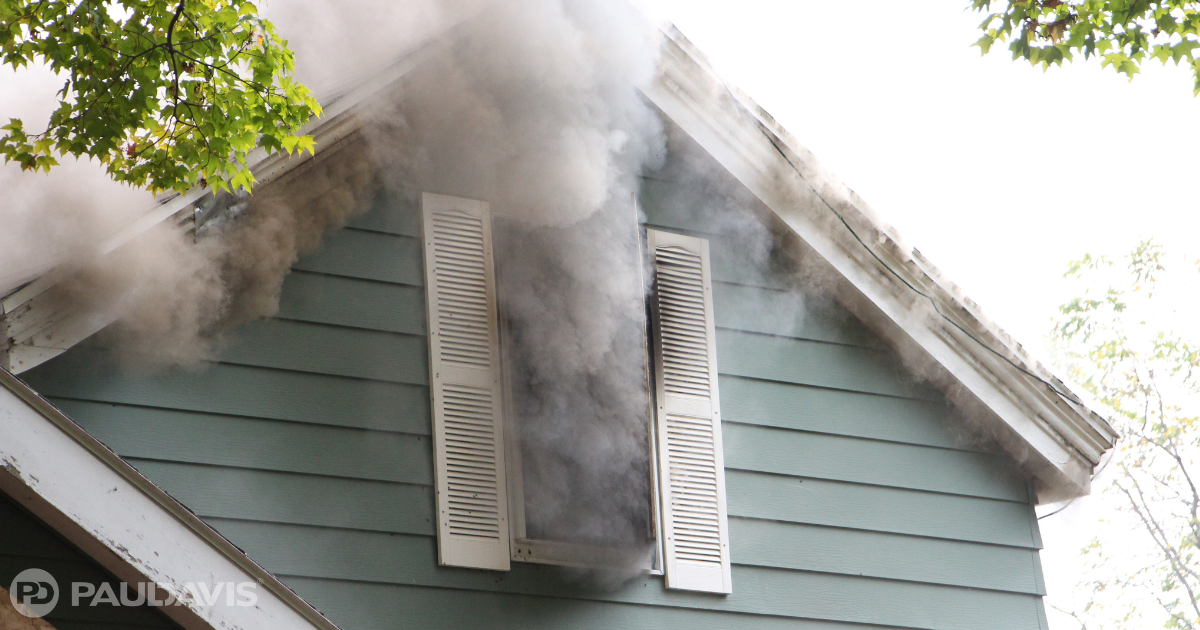
“Fires can start in some truly startling ways,” says John Stoker, President of Paul Davis Restoration Central Nova Scotia, NS. “For example, the mulch pile that burst into flame after sitting in the sun. Fortunately, neighbours raised the alarm and damage was limited to scorched siding.”
The lesson is this, Stoker cautions: fires erupt in wacky ways from unexpected sources. Here are five unusual fire risks that could be lurking in your home:
Unexpected Fire Risk #1: Improper pet waste storage.
Pet waste releases high levels of flammable methane as it decomposes. Spontaneous combustion isn’t common but occurs occasionally.
Safety Tip: Discard pet waste promptly in fireproof containers. If you must store it for any length of time, place it out of direct sunlight, away from structures and distant from flammable materials.
Unexpected Fire Risk #2: Storing fuel for power tool use.
Spilled fuel or vapours – if containers are not tightly closed – can ignite explosively if exposed to smoking materials, open flames, sparks, torches and grills.
Safety Tip: Store in containers certified for fuel storage, cap tightly and place on stable, level surfaces. Choose cool, well-ventilated storage areas that are secured against unauthorized access, not attached to living areas and distant from ignition sources.
Unexpected Fire Risk #3: Mulch for landscaping and weed control.
Mulch is flammable – it’s wood, after all - and may ignite when in contact with ignition sources like discarded smoking materials or even solar heating. Additionally, decomposing organic matter like mulch may warm up enough to spontaneously combust.
Safety Tip: If storing mulch, distribute it into small piles and use promptly. Keep mulch away from structural foundations. Provide safe receptacles for smoking materials.
Unexpected Fire Risk #4: Parking vehicles on unpaved surfaces.
Hot exhaust systems may contact dry grass. Additionally, faulty catalytic converters can shed hot particles beneath the chassis. Spilled fuel or oil can soak into the ground and create flammable areas.
Safety Tip: Choose hard surfaces for driving and parking. Don’t park or drive over dry brush, leaves or detritus piles. Maintain your car regularly.
Unexpected Fire Risk #5: Fire pits and grills that are not extinguished completely.
Banked coals or smouldering embers can burst into flame even hours after use.
Safety Tip: Situate these items at safe distances – experts recommend three meters of clearance - from structures and flammable materials. When finished, pour water on flames and embers, then stir thoroughly.
“Here is one thing we know for certain about every fire: working smoke detectors more than double your chances of surviving a blaze at home,” Stoker concludes. “Test yours today!”
